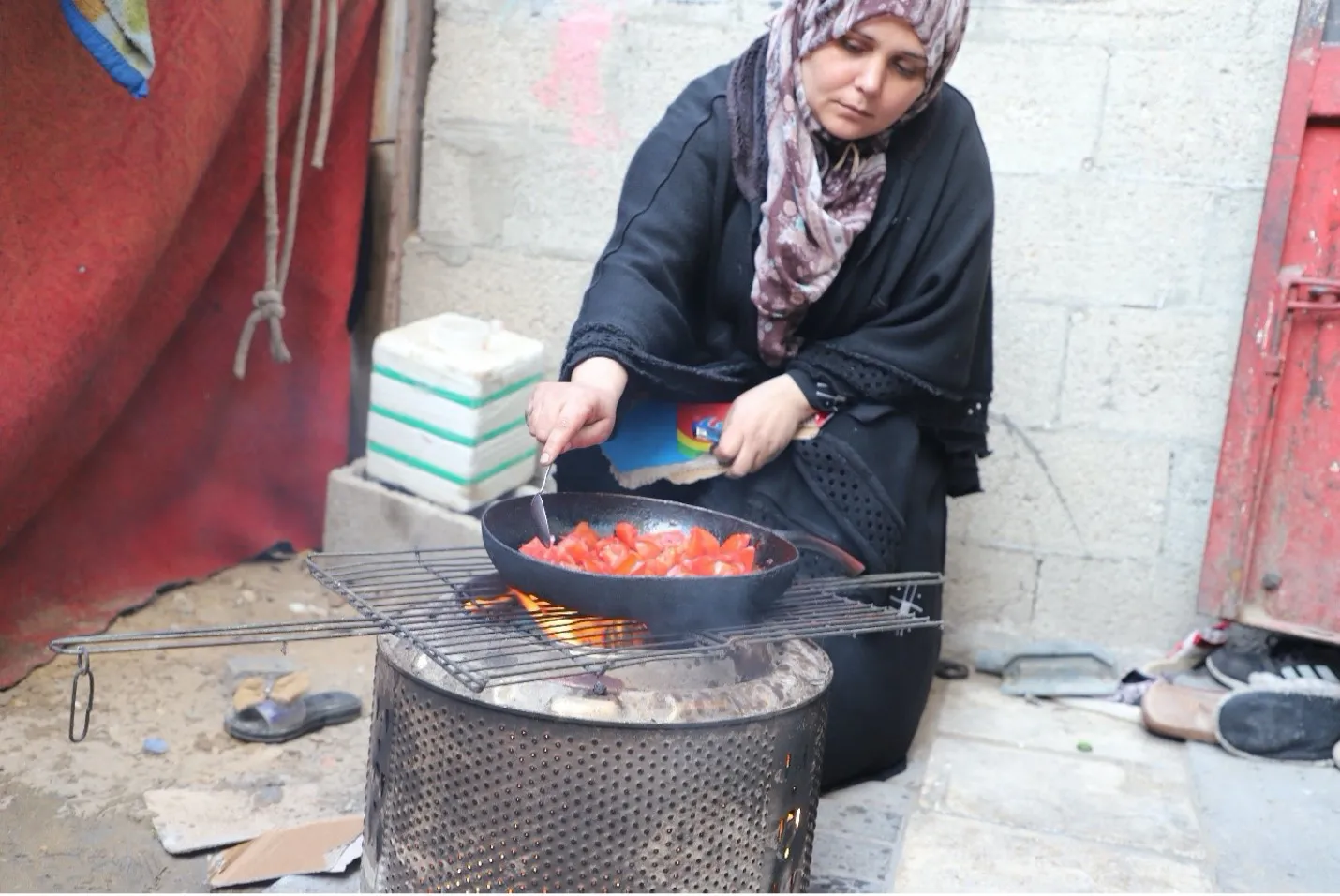Due to the dire economic situation and the difficult living conditions in Gaza, Gazan women are often left with no choice but to buy food instead of medicine.
“I would rather buy food for my family instead of medication for myself,” says Raghda, a 33-year-old mother of seven in Gaza. “Having food on the table serves the whole family.”
After more than 14 years, the Gaza strip continues to struggle under siege. The longest blockade in history has prevented residents from accessing public services, resources and jobs — in 2020, the unemployment rate in Gaza hit 70%. This economic crisis and the COVID-19 pandemic have left people in need of food and cash assistance to restore their livelihoods. Today, around 62% of the population in Gaza is food insecure, and the current lockdown measures are further pushing many into extreme poverty.



